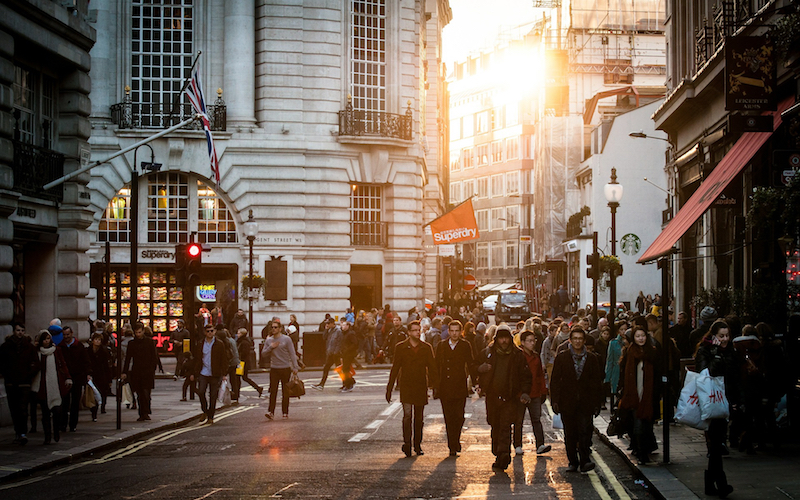
It’s Time to Open the Doors for Rural-Urban Migrants
As the world continues to industrialize, large populations are forced to rework their daily lives. The agricultural sector was historically the primary source of income in every country, but as countries favor manufacturing service industries workers are trying to adapt to the shift. Some developed countries are funding research, information and intellectual growth, all of which are commoditized in the form of advocacy, patents and innovative technologies. It’s evident that as the world progresses, many are being left behind.
Those who have depended on agriculture are moving to urban centers with more opportunities for work, life and play. A successful transition depends on the choices made by local governments that will ensure that migrants can find affordable housing and jobs. This goal has not been fulfilled.
Migrants face poor working conditions, culture shock and heightened levels of discrimination. As a response, governments should focus their efforts on providing migrant families with the essentials like healthcare, education and a sustainable income.
The first step is building and maintaining infrastructure like schools, hospitals, and homes. The second step is taxes. Yes, new infrastructure is going to be expensive and current city dwellers won’t react positively to tax increases, but they need to understand that their support is necessary for the well-being of their neighbors. We sometimes forget that the very cities we were raised in weren’t our original homes. Through years of support, we have successfully integrated ourselves into the fabric of urban life; now it’s time to pass on good deeds.
Discrimination dies when love spreads. It is the responsibility of local governments to convincingly deliver this message and eventually those in opposition will see their city change and prosper.
Some argue that increases in migration threaten the integrity of a city and its capacity to absorb the migrants. In these scenarios, wages fall. While this concern is legitimate, we must look at the bigger picture.
Newcomers bring a fresh perspective. They help us see past the smog and connect us to world beyond the daily hustle. Without diverse populations, our cities are nothing more than stagnant, industrial playgrounds. For the sake of our cities let’s welcome our newcomers, support their transition and welcome their fresh perspectives.

